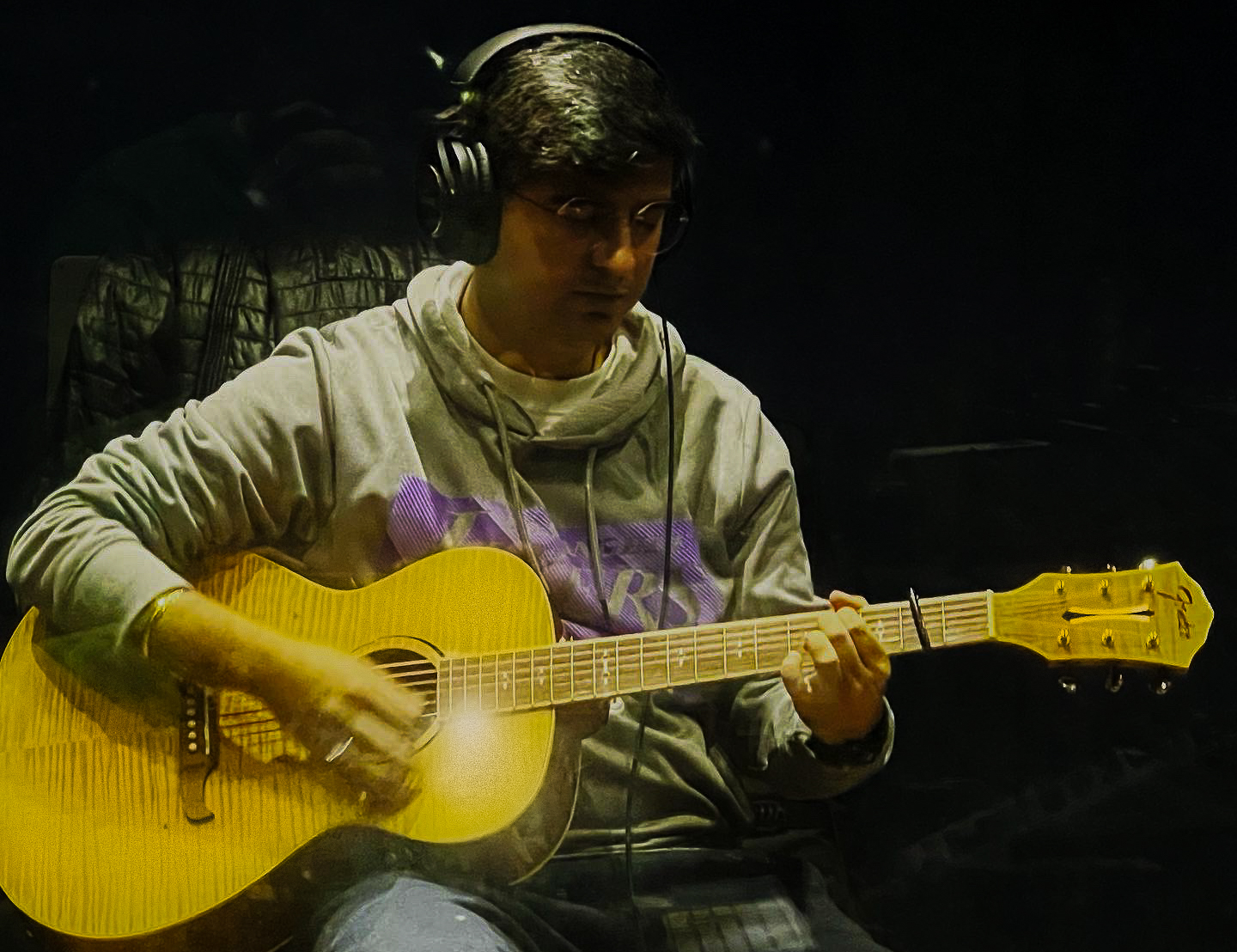
Courtesy
A memoir can be many things: a teacher, a companion, an inspiration. Some memoirs comfort us, reflecting our shared truths, while others challenge us to step outside our own experiences. All the best books transport us out of our lives and into someone else’s, but memoirs take that burden literally, and in doing so, make readers feel less alone. These days, we’re lucky enough to be living through a golden age of memoir, with the nonfiction form becoming more porous to allow shades of reportage, travelogue, and cultural criticism.
Our favorite memoirs of 2022 elevate the form to new heights. They tackle personal, psychological, and philosophical concerns through topics ranging from ancestry to medicine to marriage. With guts and grace, these authors dive deep into their loves and losses, and come ashore with these dazzling treasures for you to read. Watch this space for updates—we’ll continue to add to this list throughout the year.
1
Lost & Found, by Kathryn Schultz
Eighteen months before Schultz’s father died after a long battle with cancer, she met the love of her life. It’s this painful dichotomy that sets the foundation for Lost & Found, a poignant memoir about how love and loss often coexist. Braiding her personal experiences together with psychological, philosophical and scientific insight, Schultz weaves a taxonomy of our losses, which can “encompass both the trivial as well as the consequential, the abstract and the concrete, the merely misplaced and the permanently gone.” But so too does she celebrate the act of discovery, from finding what we’ve mislaid to lucking into lasting love. Penetrating and profound, Lost & Found captures the extraordinary joys and sorrows of ordinary life.
2
South to America, by Imani Perry
The American South is often cast as a backwater cousin out of step with American ideals. In this vital cultural history, Perry argues otherwise, insisting the South is, in fact, the foundational heartland of America, an undeniable fulcrum around which our wealth and politics have always turned. Fusing memoir, reportage, and travelogue, Perry imparts Southern history alongside high-spirited interviews with modern-day Southerners from all walks of life. At once a love letter to “a land of big dreams and bigger lies” and a clarion call for change, South to America will change how you understand America’s past, present, and future.
3
Admissions, by Kendra James
When James enrolled at Connecticut’s prestigious Taft School at fifteen years old, she had no idea that, as the predominantly white boarding school’s first “Black American legacy student to graduate since 1891,” she would become its involuntary poster child for diversity. James’ hopes for a positive high school experience were dashed by “a swamp of microaggressions,” ranging from a student who accused her of stealing $20 to an article in the student newspaper blaming students of color for the segregation of campus. Determined that students after her wouldn’t suffer the same fate, she became an admissions officer specializing in diversity recruitment, but soon felt that she was “selling a lie for a living.” Frank and devastating in its candor, as well as incisive in its critique of elite academia, Admissions is a poignant coming-of-age memoir.
4
The Invisible Kingdom, by Meghan O’Rourke
“I got sick the way Hemingway says you go broke: ‘gradually and then suddenly,’” O’Rourke writes in The Invisible Kingdom, describing the beginning of her decades-long struggle with chronic autoimmune disease. In the late nineties, O’Rourke began suffering symptoms ranging from rashes to crushing fatigue; when she sought treatment, she became an unwilling citizen of a shadow world, where chronic illness sufferers are dismissed by doctors and alienated from their lives. In this elegant fusion of memoir, reporting, and cultural history, O’Rourke traces the development of modern Western medicine and takes aim at its limitations, advocating for a community-centric healthcare model that treats patients as people, not parts. At once a rigorous work of scholarship and a radical act of empathy, The Invisible Kingdom has the power to move mountains.
Read an exclusive interview with O’Rourkre here at Esquire.
5
Ancestor Trouble, by Maud Newton
Who are our ancestors to us, and what can they tell us about ourselves? In this riveting memoir, Newton goes in search of the answers to these questions, spelunking exhaustively through her frustrating and fascinating family tree. From an accused witch to a thirteen times-married man, her family tree abounds with stories that absorb and appall, but taxonomizing her family history doesn’t satisfy Newton’s hunger for meaning. Just what do the facts of a life tell us about who we are or where we come from, and what can our personal histories tell us about our national past? Carefully blending memoir and cultural criticism, Newton explores the cultural, scientific, and spiritual dimensions of ancestry, arguing for the transformational power of grappling with our inheritances.
6
Foreverland: On the Divine Tedium of Marriage, by Heather Havrilesky
No one writes about the agony and ecstasy of relationships with as much gutsy grace as Havrilesky, who has long counseled troubled lovers under the guise of Ask Polly. In Foreverland, Havrilesky turns the microscope on her own relationship, illuminating the joys and exasperations of her fifteen-year marriage. From parenting to quarantining together to bristling at her husband’s every loud sneeze, Havrilesky proves that forever is hard, wonderful work.
Read Havrilesky’s column about her husband here at Esquire.
This content is created and maintained by a third party, and imported onto this page to help users provide their email addresses. You may be able to find more information about this and similar content at piano.io
Note: This article have been indexed to our site. We do not claim legitimacy, ownership or copyright of any of the content above. To see the article at original source Click Here












/images/a26a6a33/e43a/4d17/a1d7/d0eec237b4bf.jpg)
